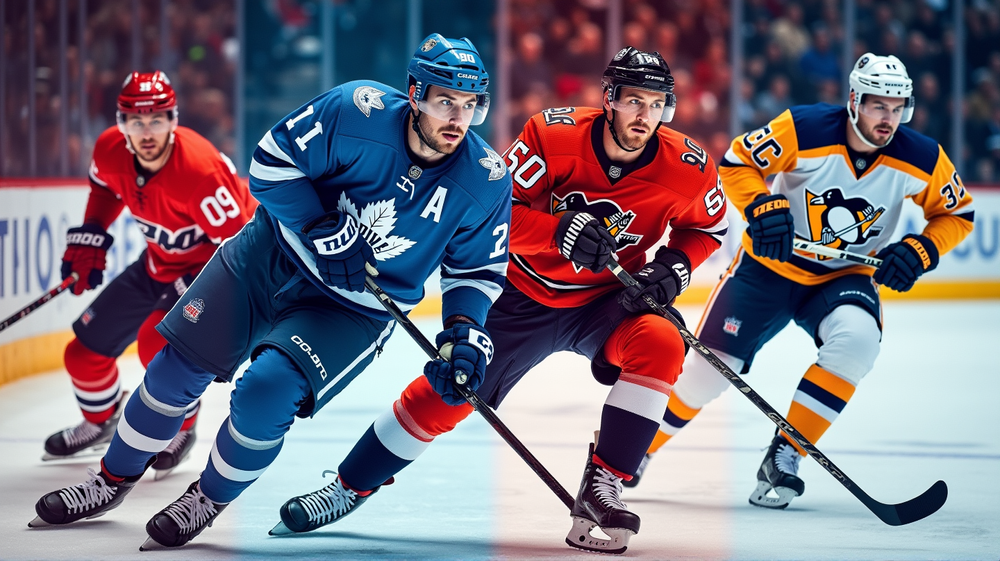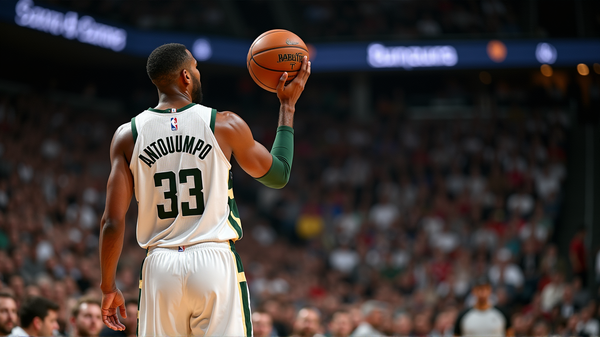Big Contracts in NHL: Ovechkin & Kaprizov Versus Crosby & McDavid
In the high-stakes world of the NHL, where contracts can define players’ careers, four names stand out: Alex Ovechkin, Kirill Kaprizov, Sidney Crosby, and Connor McDavid. Their contract strategies not only influence their own legacies but also impact their respective teams’ future successes. So, what drives these athletes when negotiating deals—money or championships?
Ovechkin and Kaprizov: Masters of the Market
Alex Ovechkin famously initiated his 2008 13-year, \(124 million contract with a direct approach, becoming an indispensable figure in the Washington Capitals lineup. This move sparked conversations about player value and individual financial gain over team-building potential. A similar approach characterizes Kirill Kaprizov, whose recent eight-year, \)136 million contract with the Minnesota Wild raises eyebrows not only for its magnitude but for the challenges it presents for team management to construct a competitive roster.
Balancing Legacy and Team Success: Crosby and McDavid’s Approach
Contrast this with Sidney Crosby and Connor McDavid’s willingness to sign below their financial ceiling, emphasizing championship pursuits. Crosby’s history of flexible contract terms has allowed the Pittsburgh Penguins to maintain a winning roster. Similarly, McDavid’s active contract discussions showcase his interest in enabling the Edmonton Oilers to leverage funds toward other key acquisitions, sharpening their competitive edge.
Different Strategies, Same Game
This juxtaposition isn’t about finding a right or wrong path. Financial security is crucial in a sport where careers can be unforgivingly brief. For players like Ovechkin and Kaprizov, capitalizing on marketability is a sensible route. Meanwhile, for Crosby and McDavid, making room for a stronger supporting cast keeps their teams in the title conversation, demonstrating a commitment to legacy and team loyalty that is arguably rarer.
Future Outlook for NHL Stars
The decision-making of high-profile players reflects broader trends and competitive strategies within the NHL. A player’s choice to prioritize earnings or championships doesn’t merely affect their pocket or trophy case; it reverberates across the league, influencing upcoming stars and management strategies. As the hockey community eagerly awaits updates on McDavid’s next move, it remains clear that these decisions shape the NHL’s landscape in dynamic ways. According to The Hockey News, such player decisions are essential to the league’s evolving dynamics.
The debate—earnings vs. championships—undoubtedly will continue, offering fodder for fans and analysts alike as the NHL progresses into the next chapter of its storied history.




